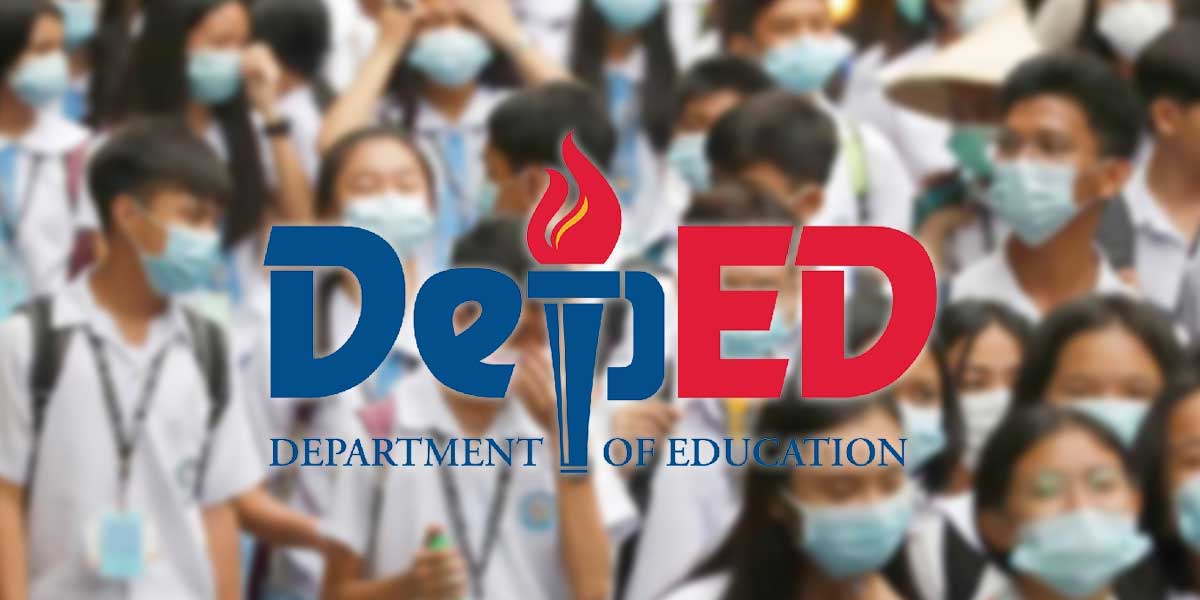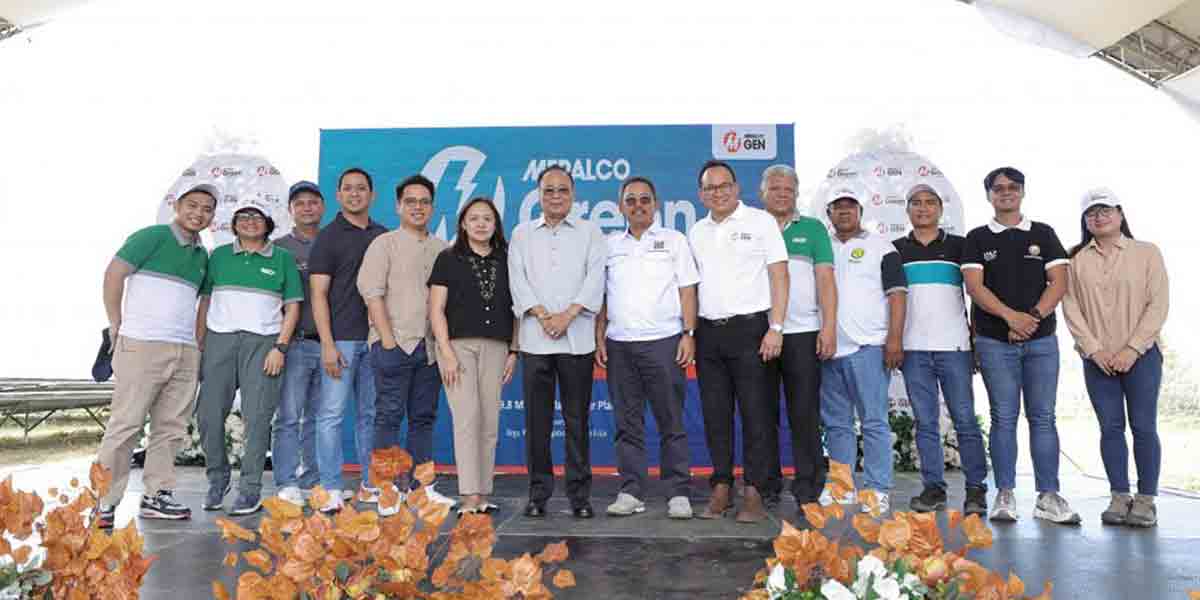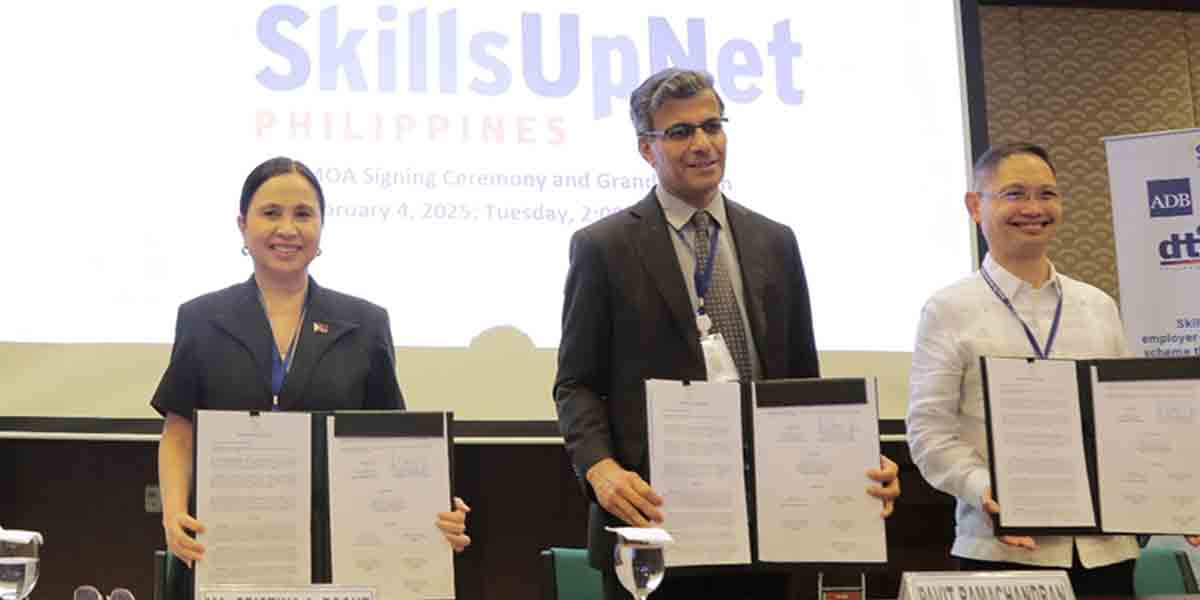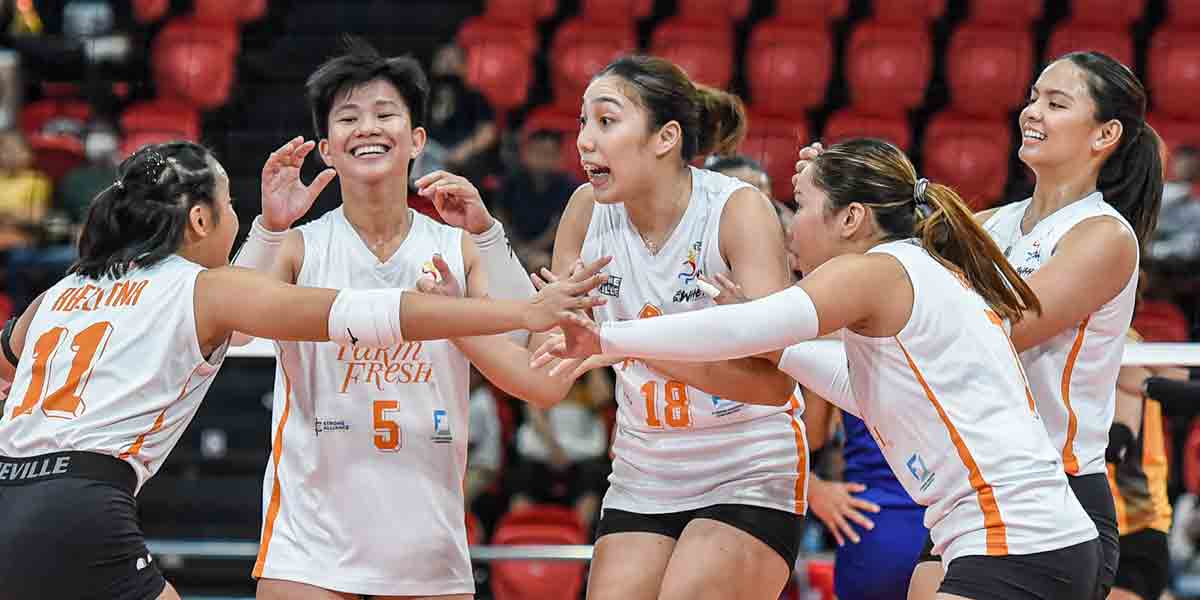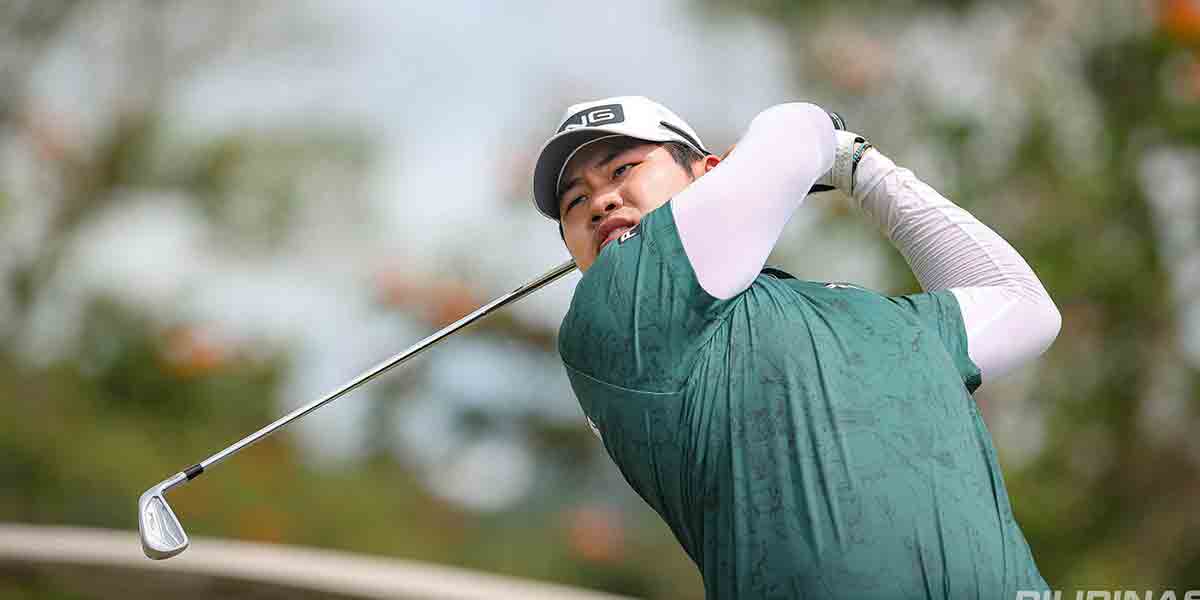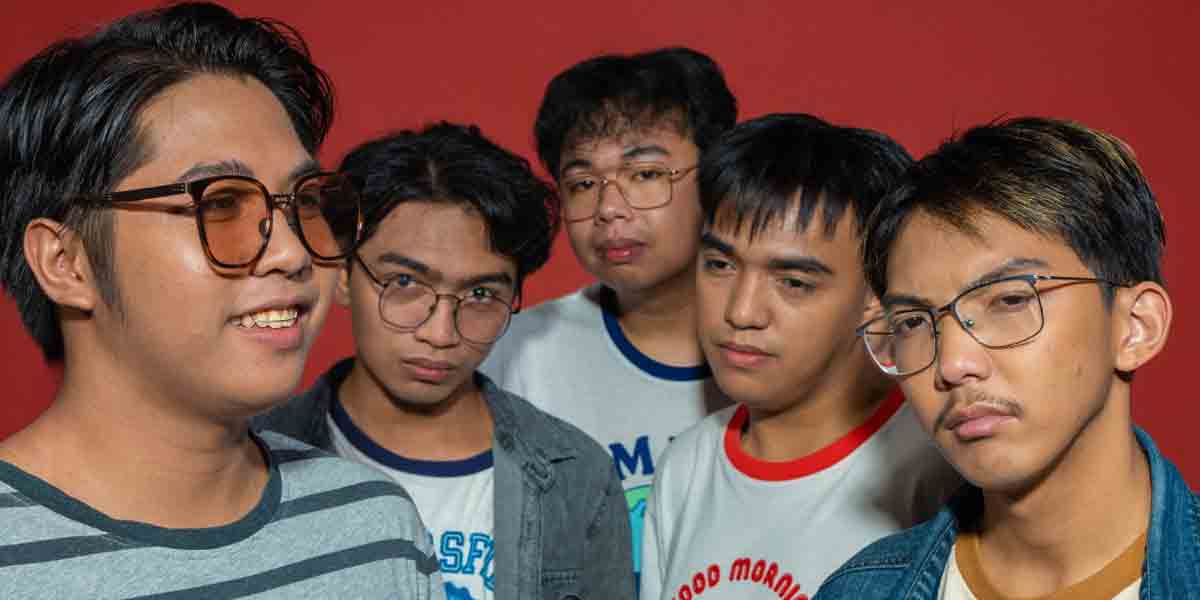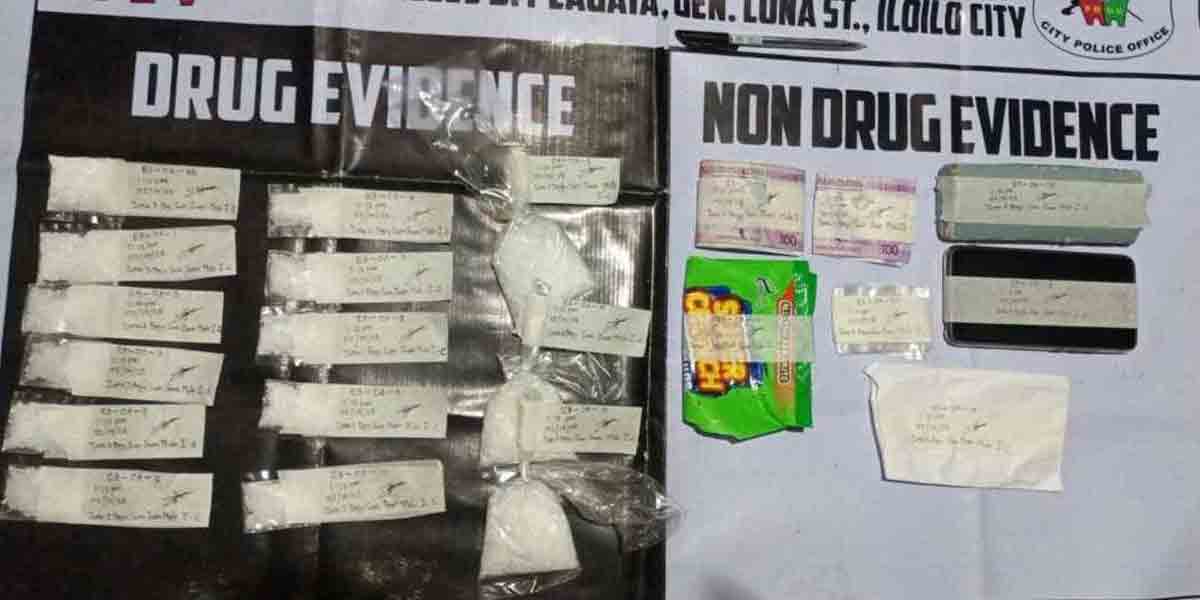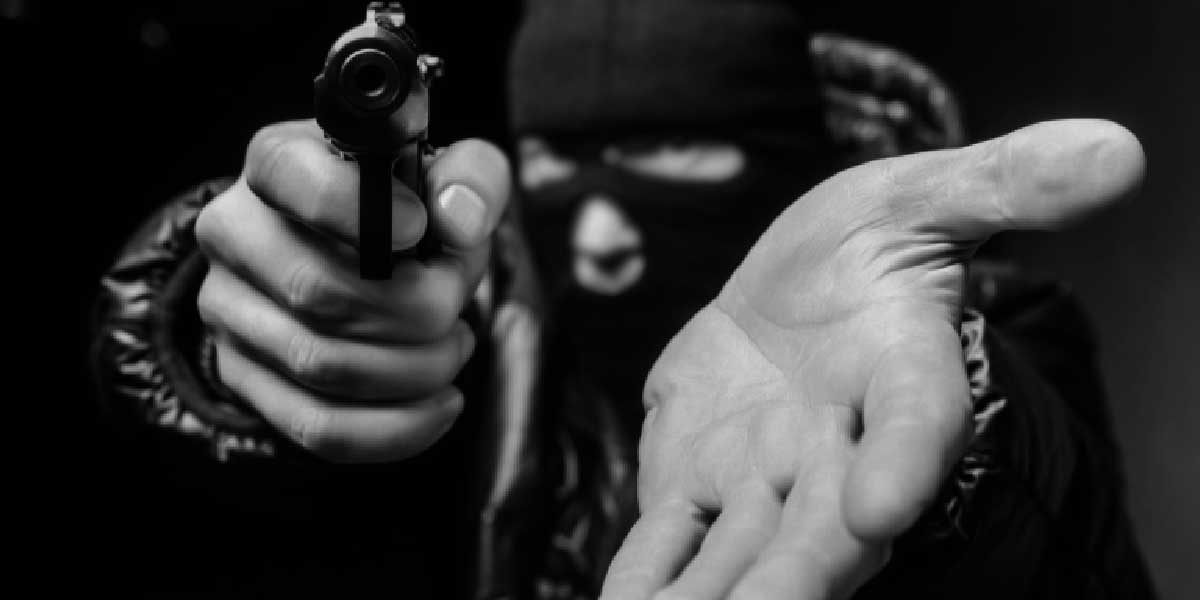Philippine Health Insurance Corp. (PhilHealth) President Emmanuel Ledesma admitted during a congressional hearing last Wednesday that policy differences between the Department of Health (DOH) and PhilHealth have caused unnecessary suffering for millions of Filipino members, as lawmakers grilled officials over issues of duplication, inefficiencies and unutilized government subsidies.
During the hearing of the House Committee on Good Government and Public Accountability, Iloilo Rep. Janette Garin pressed PhilHealth officials on the longstanding gaps in their coordination with DOH, which have resulted in inefficiencies that impact healthcare access and financial sustainability.
“In other words, hindi kaya ng PhilHealth na lahat ng problema sa kalusugan ay siyang sumalo. Hindi rin naman kaya ng DOH na yung mga gastusin sa loob ng hospital ay sa DOH,” Garin, a former Health secretary, said.
PhilHealth officials acknowledged the issues, with Ledesma admitting that there are overlaps in the functions of DOH and PhilHealth, and that these need to be addressed to improve service delivery. He also agreed to conduct an internal review of past enrollment practices to identify discrepancies.
Garin stressed the importance of maintaining a clear division of functions between the two agencies to avoid duplication of efforts and unnecessary delays.
“DOH is for promotive and preventive healthcare, while PhilHealth should focus on curative healthcare and catastrophic illnesses,” she added.
Garin cited specific instances where overlapping roles resulted in inefficiencies, such as the procurement of medical supplies.
“Ang binibili ng DOH hindi dapat nire-refund ng PhilHealth. Ang packages ng PhilHealth ay hindi nagdodoble sa packages ng DOH,” she said.
PhilHealth Vice President Lemuel Untalan also confirmed that the agency continues to refine its enrollment lists to eliminate redundancies and remove ineligible beneficiaries.
“Tama po kayo,” Untalan replied when asked if the agency was updating its data to prevent unnecessary premium payments for individuals who were no longer eligible.
Garin further questioned the legality of PhilHealth’s past actions, highlighting concerns about the retroactive enrollment of senior citizens before the official implementation of the Universal Health Care law.
“My question, Mr. Chair, is that legal or illegal? Pwede ka bang i-enroll three times sa senior?” she asked.
PhilHealth officials struggled to provide a direct answer, with Ledesma responding that they would need to review the documentation from several years ago.
The hearing also highlighted the failure to update the list of indigent members regularly.
Untalan explained that the list provided by the Department of Social Welfare and Development (DSWD) under the National Household Targeting System (NHTS) is only updated every four years, leading to inefficiencies in allocating government subsidies.
Garin pointed out that the failure to reconcile outdated lists resulted in significant unutilized funds, which should have been used to expand healthcare benefits or reduce premiums.
Ledesma conceded that the issue of excess funds due to policy misalignment between DOH and PhilHealth should be reviewed, and vowed to provide Congress with a detailed report on how these funds have been utilized over the years.
ASec. Albert Domingo of DOH, however, assured lawmakers that efforts are being made to improve coordination.
Lawmakers also raised concerns about hospitals allegedly inflating prices when patients use PhilHealth coverage, a practice Garin described as a major issue that has persisted over the years.
“Kapag PhilHealth ang magbabayad, biglang tumataas ang presyo ng mga gamot at laboratory tests,” she said.
Dr. Israel Francis Pargas of PhilHealth acknowledged these concerns and said their legal and investigative teams are monitoring such practices.




